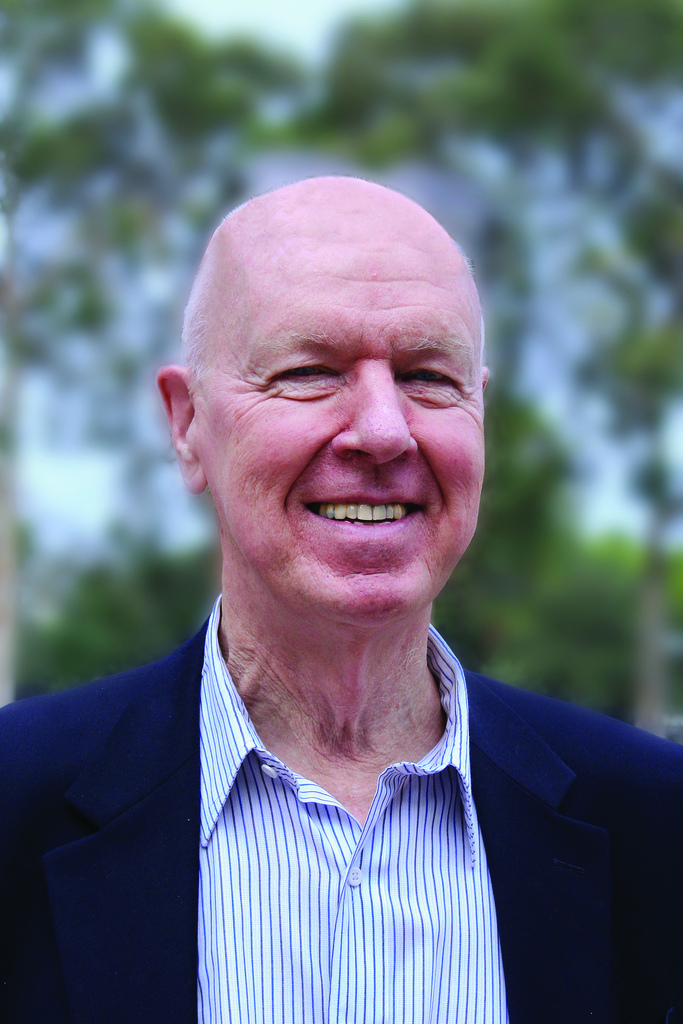
Abstract
Drawing from numerous sources, this tutorial will summarize some of the more important recent developments in the field of energy and project current trends forward to develop some (hopefully) plausible scenarios for what might arise during the next few decades. Some key questions that will be addressed are: Is shale gas an energy bonanza, an environmental hazard, or both? Will it sideline renewables and electric vehicles? Will it displace coal? Will solar become price competitive without subsidies, and if so when? Will the cost and capacity of energy storage technology advance to a level where it can be used to stabilize the insertion of substantial renewables into the electric grid, and will it enable widespread deployment of electric vehicles? Can we realistically expect to meet energy consumption and greenhouse gas emission targets for 2030 and 2050? Obviously neither I nor anyone can provide definitive answers to these questions — the intent of this tutorial is simply to surface some of the key factors and generate a discussion that will hopefully illuminate a very complex and changing set of issues pertaining to our energy future.
Biography
David Auston is the Director of the Carbon Neutrality Initiative at UC Santa Barbara. Prior to joining UC Santa Barbara, he was President of the Kavli Foundation. He has been a member of the technical staff and department head at AT&T’s Bell Laboratories (now Lucent Technologies), Professor of Electrical Engineering and Applied Physics and Dean of the School of Engineering and Applied Science at Columbia University, Provost of Rice University, and President of Case Western Reserve University.
Auston has contributed to research in the fields of lasers, nonlinear optics, and solid-state materials. He is a member of the National Academy of Sciences, the National Academy of Engineering, and a Fellow of the American Academy of Arts and Sciences, the Institute of Electrical and Electronic Engineers, the Optical Society of America, and the American Physical Society.
A native of Toronto, Canada, Auston earned bachelors and masters degrees in engineering physics and electrical engineering from the University of Toronto and a Ph.D. in electrical engineering from the University of California, Berkeley.